Around 50% of calves born after 1 March 2016 and positively identified as being persistently infected (PI) with bovine viral diarrhoea (BVD) are still being retained on farm, according to figures from Animal Health and Welfare NI (AHWNI).
At the end of 2015, the then Agriculture Minister Michelle O’Neill announced that BVD testing would be made compulsory for all calves born on or after 1 March 2016.
To 1 December 2016, approximately 413,000 calves have been tested this year, mostly using tissue tags.
Of these, approximately 3,000 calves have been positively identified as PI animals, which is 0.7% of the total calf population tested.
According to AHWNI, best estimates are that around half of these calves are still on farm.
This figure is based on all PI calves older than seven weeks of age, to allow for younger PI calves which have come up as PIs to be retested using a blood sample.
However, the majority of the PI calves currently on farm are thought to have been born in the second half of the year, and in particular in the early autumn. PI caves born in spring have mostly been removed.
A number will have died on farm due to the nature of BVD suppressing natural immunity.
With over 17,600 herds participating in the eradication programme, AHWNI indicates it has 97% compliance for testing of calves and has even higher compliance levels for non-movement of PI animals.
As revealed in the Irish Farmers Journal two weeks ago, a total of 55 herdkeepers (buyers and sellers) have received letters from DAERA after PI animals were illegally moved. A further 1,950 herdkeepers who have yet to sign up to the programme were reminded that they must test newborn calves before moving these animals.
Aid
With the announcement at the end of November 2016 that part of the £4m EU Exceptional Adjustment Aid package coming to NI will be used to encourage humane disposal of PI calves within four weeks of a positive test, DAERA officials are currently working on a scheme.
This includes deciding on eligibility criteria, the rate of payment on PI calves, and other scheme rules. Legislation will be required to bring the programme into operation. Details are expected to be announced in the new year.
However, the advice remains that livestock farmers should continue tissue-tagging all calves and test for BVD in line with the legislation, as well as continuing to remove PI animals promptly in order to reduce further transmission of the disease.
Payments
Meanwhile, in the Republic of Ireland, payments to farmers to remove PI calves are set to increase in the new year, with authorities there keen to maintain momentum towards eradicating the disease by 2020.
The payment for beef calves is to increase from €140 to €185, while the payment for dairy heifer calves is increasing from €120/calf to €150/calf. There will also be a new €30 payment for Friesian bull calves disposed from farms within 21 days.
The latest results for 2016 put the rate of confirmed PI calves in the south at 0.17%. However, that has only been achieved after four years of compulsory testing, and with compensation available to dispose of calves (unlike in NI). In 2013 (the first year of the compulsory programme), the confirmed PI rate was 0.66%, similar to that reported in the first year of the compulsory programme in NI.



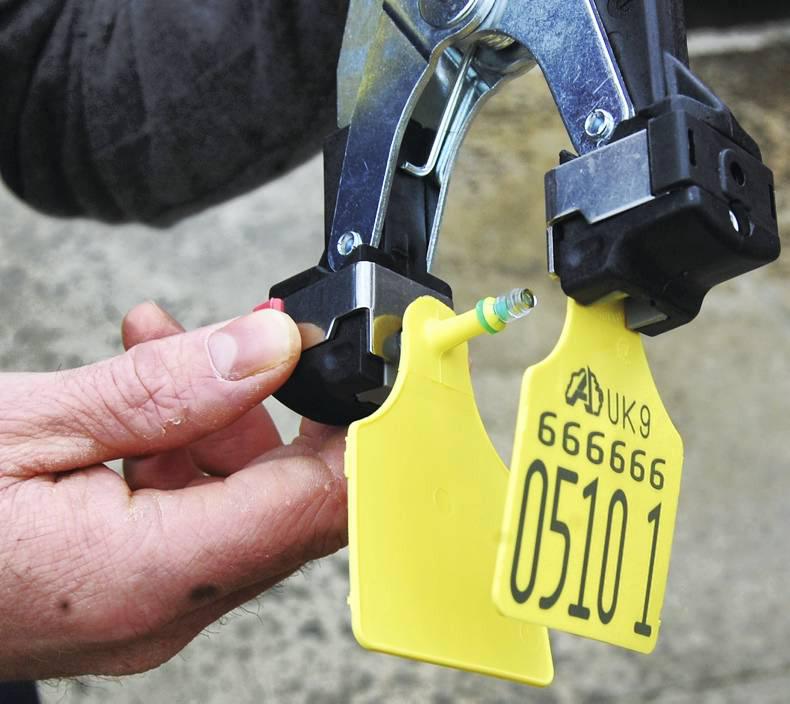
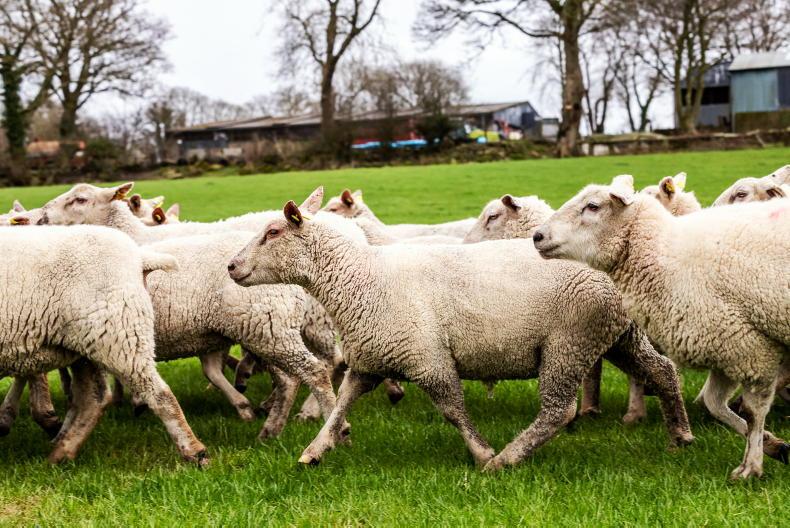
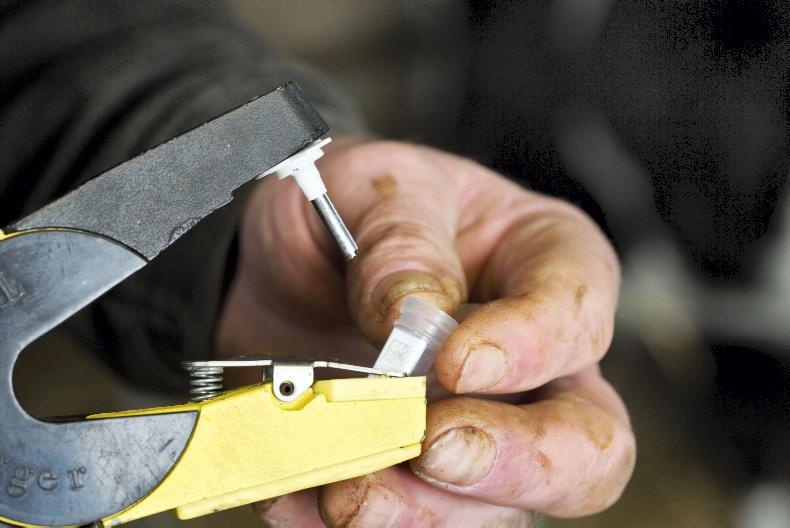
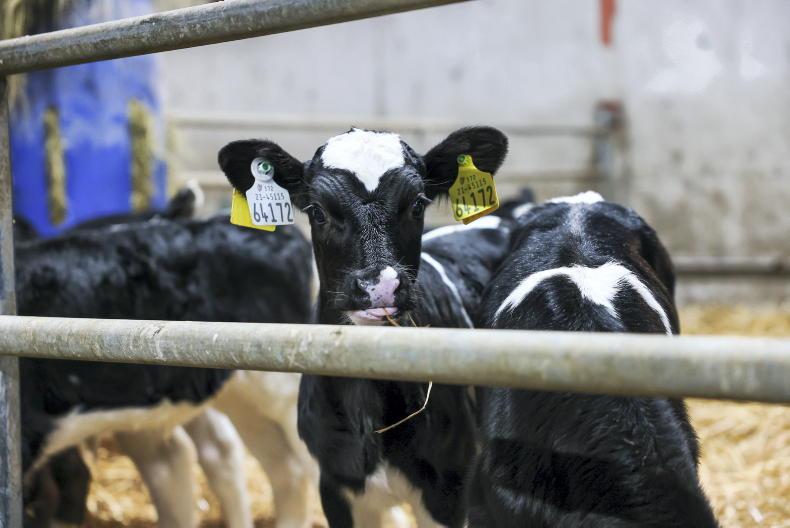
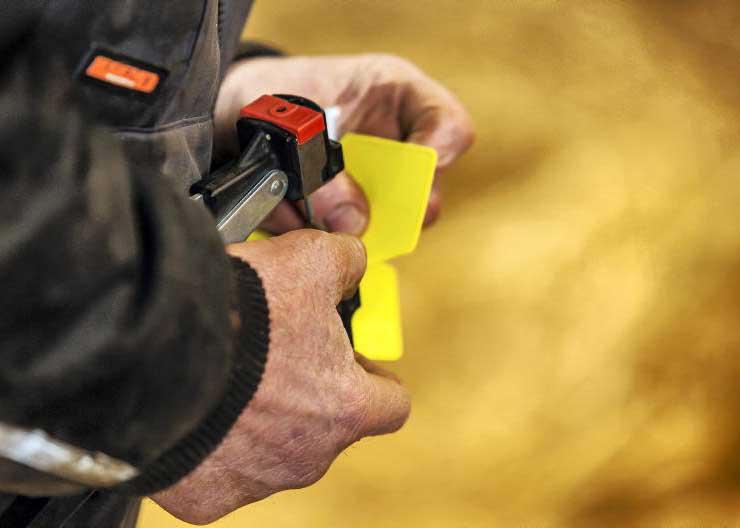
SHARING OPTIONS